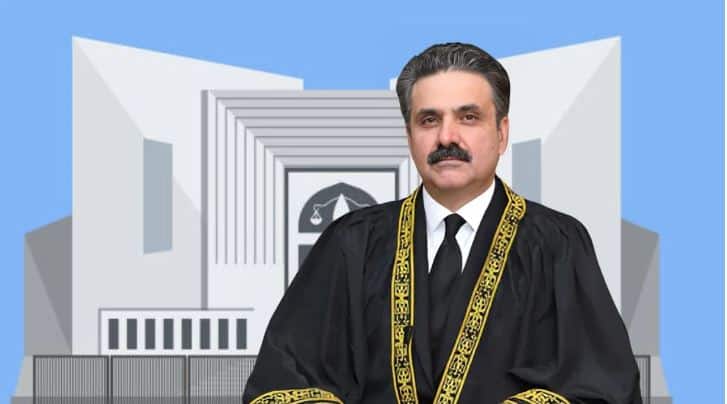QUETTA: Chief Justice of Pakistan, Justice Yahya Afridi, visited Quetta on Thursday. He was accompanied by Justice Jamal Khan Mandokhel, Justice Musarrat Hilali, and Justice Shakeel Ahmed. The Chief Justice and Judges of the Balochistan High Court also attended.
They joined a ceremony at the Supreme Court Branch Registry in Quetta. The Supreme Court Bar, High Court Bar, and District Bar Associations jointly organized the event.
The gathering brought together key legal figures. These included Rauf Atta Advocate (President SCBAP), Attaullah Langove (President Balochistan High Court Bar Association), and Qari Rahmatullah (President Quetta District Bar Association). Lawyers from various organizations and Bar Associations were also present.
Chief Justice Afridi addressed the legal community. He called the partnership between Bench and Bar essential for a strong justice system. He said he was happy to reconnect with Quetta and praised the city’s warm hospitality, calling it “a home away from home.”
The Chief Justice listened to lawyers’ concerns and discussed their challenges. He announced training for 60 female lawyers—30 from Quetta and 30 from Makran—at the Federal Judicial Academy in Islamabad.
He urged lawyers to show dedication and professionalism. He stressed the importance of collective effort to ensure timely and fair justice.
Justice Afridi also promised better facilities at the Quetta Branch Registry. These include a bar room and a facilitation centre to support lawyers and litigants.
Later, he met with a Bar Councils committee at the Registry. Attendees included Ahmed Faroq Khattak (Vice Chairman KP Bar Council), Rahib Khan Buledi (Vice Chairman Balochistan Bar Council), and Qasim Ali Gojizai (Chairman Legal Education Committee).
The committee raised concerns about limited funds for mandatory training of new lawyers. This training is required under a Supreme Court judgment.
To resolve the issue, the committee will meet with Judicial Academy Directors. They plan to design a 15-day training program within available budgets. The Pakistan Bar Council’s Director Legal Education will also join to ensure coordination.
The visit ended with a renewed commitment from both judiciary and Bar to strengthen legal education and improve access to justice.





